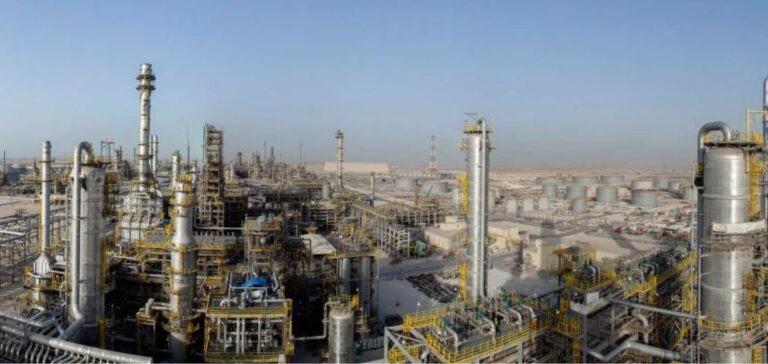TAQA and JERA announce the financial closing of a new cogeneration plant in Jubail, in the Eastern Province of Saudi Arabia.
The project, with a capacity of 475 MW of electricity and 452 tonnes of steam per hour, is designed to boost the energy supply to the SATORP petrochemical complex, a key player in local industry.
TAQA, with a majority stake of 51%, and JERA, with 49%, have committed to 25 years of operation, extendable to 30 years, demonstrating their long-term commitment to the region.
The integration of J-class gas turbines guarantees optimum energy efficiency, meeting the strict standards of the Saudi Energy Efficiency Center.
The plant is also designed to adapt to future technological developments, notably in carbon capture and hydrogen co-combustion, without neglecting current performance and profitability targets.
A strategic partnership to serve the petrochemical industry
The new cogeneration plant is not only a welcome addition to the Saudi energy landscape, but also specifically meets the critical needs of the SATORP petrochemical complex.
The SATORP complex, a collaboration between Saudi Aramco and TotalEnergies, relies on a stable and efficient source of energy for its refining and petrochemical production operations.
The plant’s ability to produce electricity and steam simultaneously ensures essential operational continuity, reducing the risk of disruption.
This project also illustrates the growing dynamic of international cooperation in the Saudi energy sector.
By joining forces, TAQA and JERA bring a combination of technical expertise and in-depth knowledge of regional markets, reinforcing their position as leaders in the Middle East energy market.
Outlook for the regional energy market
The financial completion of this plant marks a key milestone in the development of Saudi Arabia’ s energy infrastructure . The choice of advanced technologies for this project, combined with a long-term investment strategy, reflects a clear determination to modernize and optimize the Kingdom’s energy capacities.
This initiative is in line with the increasing diversification of energy sources, meeting the specific needs of the petrochemical industry while aligning with national objectives to boost energy efficiency.
By taking on the operation and maintenance of the plant, TAQA and JERA are demonstrating their commitment to maintaining high standards of operational performance, while ensuring efficient management of resources.
The Jubail project is thus a model for future energy developments in the region, highlighting an integrated approach and a focus on cost and performance control.






















